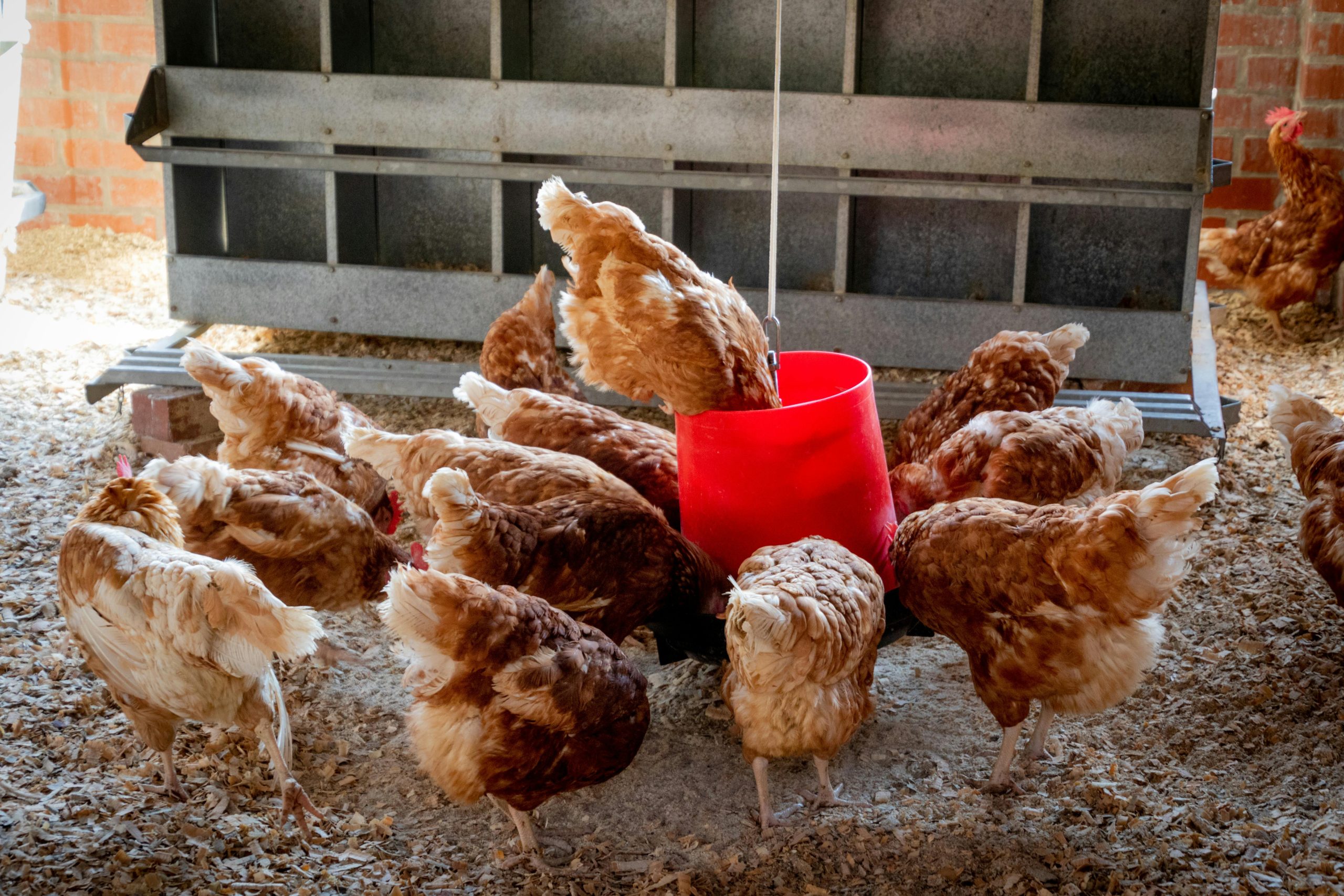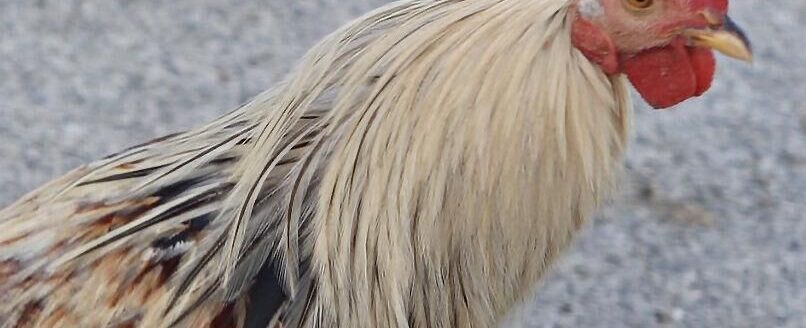Protect your backyard birds from avian influenza

The need for increased biosecurity measures to prevent the spread of diseases such as highly pathogenic avian influenza has only become more evident with continued outbreaks of this highly transmissible illness. Every bird is susceptible to disease, whether at a commercial poultry farm or in a small flock of backyard chickens.
Dr. Melissa Yates, BVM&S, MRCVS, poultry specialist and veterinary medical officer at the United States Department of Agriculture Animal and Plant Health Inspection Service, spoke in a recent webinar about poultry biosecurity. She reminded the attendees that the recent concerns about avian influenza began on Jan. 14, 2022, when the USDA identified it for the first time in an American Wigeon duck in South Carolina.
“It was the first detection of this strain of the virus in wild birds in the U.S. since 2016,” Yates said. “On Feb. 8, 2022, the first commercial case of the virus was found in turkeys in Indiana. Not long after that, we had our first backyard case.”
Identifying avian influenza
To combat illness like avian influenza, poultry owners must understand the disease and how to prevent it from spreading. Yates said all avian species are susceptible to the illness. Additionally, there are two forms of avian influenza. One form, low path avian influenza, usually causes low mortality or mild to moderate clinical signs. Birds might not even exhibit any clinical signs at all.
The second form is highly pathogenic avian influenza, and it is the strain of the disease that has caused millions of dollars in losses to the poultry industry. This more severe form has a high mortality rate and is considered a foreign animal disease.
“This virus is pretty resistant,” Yates said. “It can survive for weeks to months in the environment in low temperatures.”
Clinical signs of HPAI include acute mortality, neurological signs, depression or lethargy, decreased feed and water intake and decreased egg production.
“Birds may be laying on the ground or have abnormal head positions,” Yates said. “They may be twitching or have drooping wings. You could lose a quarter or half your flock to this disease in just a few days.”
Yates said if the symptoms of HPAI are discovered in a poultry flock, the owner should contact the appropriate state veterinarian’s office, state veterinary diagnostic lab or the USDA’s sick bird hotline at 1-866-536-7593.
“If your flock is positive for avian influenza, your birds may be depopulated,” Yates said. “Your property will be quarantined, cleaned and disinfected, and there will be a 120-day fallow period.”
Biosecurity is the answer
Boosting biosecurity measures is the only way to prevent HPAI from finding its way into a flock. Yates said there are two types of biosecurity. The first is structural biosecurity, which refers to any measures used in the physical construction and maintenance of coops, pens, poultry houses, family farms or other facilities. The second is operational biosecurity. This is any practice, procedure or policy that is consistently followed to prevent disease.
HPAI is spread through wild birds, primarily waterfowl species, Yates said. Dabbling ducks are especially known for transmitting avian influenza. Wild birds carry the virus in their respiratory secretions and feces, allowing them to contaminate feed and water. Equipment or vehicles can also become contaminated if they are left outside and exposed to either feces or direct contact with wild birds. Clothing or footwear worn outside and exposed to wild birds can also be a vector for HPAI infecting a flock.
An easy biosecurity protocol to add to any operation is to wear dedicated footwear and clothing while working in the poultry area and never wear it off the farm, Yates said. She recommends regular cleaning of that clothing and footwear with bleach powder, water and disinfectant.
Remembering to wash hands or use hand sanitizer when entering or exiting poultry areas also helps prevent the spread of disease. Wearing gloves is another option, but they need to be changed frequently. To prevent a visitor from bringing avian influenza to a property, limit outside equipment, vehicles and people—especially if they own poultry.
What about the birds?
The short answer to prevent HPAI is to keep wild birds away from poultry. Yates recommends poultry owners keep food and water in enclosed containers and away from wild bird contact. It is crucial to regularly sanitize food and water containers and always use uncontaminated water for cleaning and drinking. Yates warned poultry owners that untreated pond water used for watering poultry or cleaning purposes could be a dangerous scenario for introducing HPAI.
“If there have been any ducks or waterfowl hanging out on that pond, there could be viruses present in that water,” she said.
Netting, chicken wire, fencing or other housing can help prevent wild birds from accessing poultry. For those who have free-ranging birds, it is important to consider if they have access to areas with increased wild bird activity—such as ponds or other water sources.
Additionally, Yates advised poultry owners to never comingle waterfowl species with poultry. Always keep chickens, turkeys and game fowl in a separate area from ducks and geese in a backyard flock.
“Ideally, don’t comingle any of the bird species at all,” she said. “Have different pens, fencing or mobile coops if you have multiple species.”
Additionally, she advises against introducing older birds into an established flock and said never to purchase birds from swap meets or auction markets or to buy adult birds off internet websites.
“Unfortunately, there are a lot of different diseases poultry can be exposed to, and the older they are, the higher the likelihood they have been exposed to something,” Yates said. “Some birds can carry disease asymptomatically and may not look sick until you introduce them to your flock, they become stressed and start shedding the pathogen, and then your flock gets sick.”
For new additions to the flock, Yates recommends purchasing hatching eggs or day-old chicks, especially from National Poultry Improvement Plan-approved hatcheries. For more information on avian influenza, visit www.aphis.usda.gov/livestock-poultry-disease/avian/avian-influenza.
Lacey Vilhauer can be reached at 620-227-1871 or [email protected].



